The American Revolution
1/20
There's no tags or description
Looks like no tags are added yet.
Name | Mastery | Learn | Test | Matching | Spaced |
|---|
No study sessions yet.
21 Terms
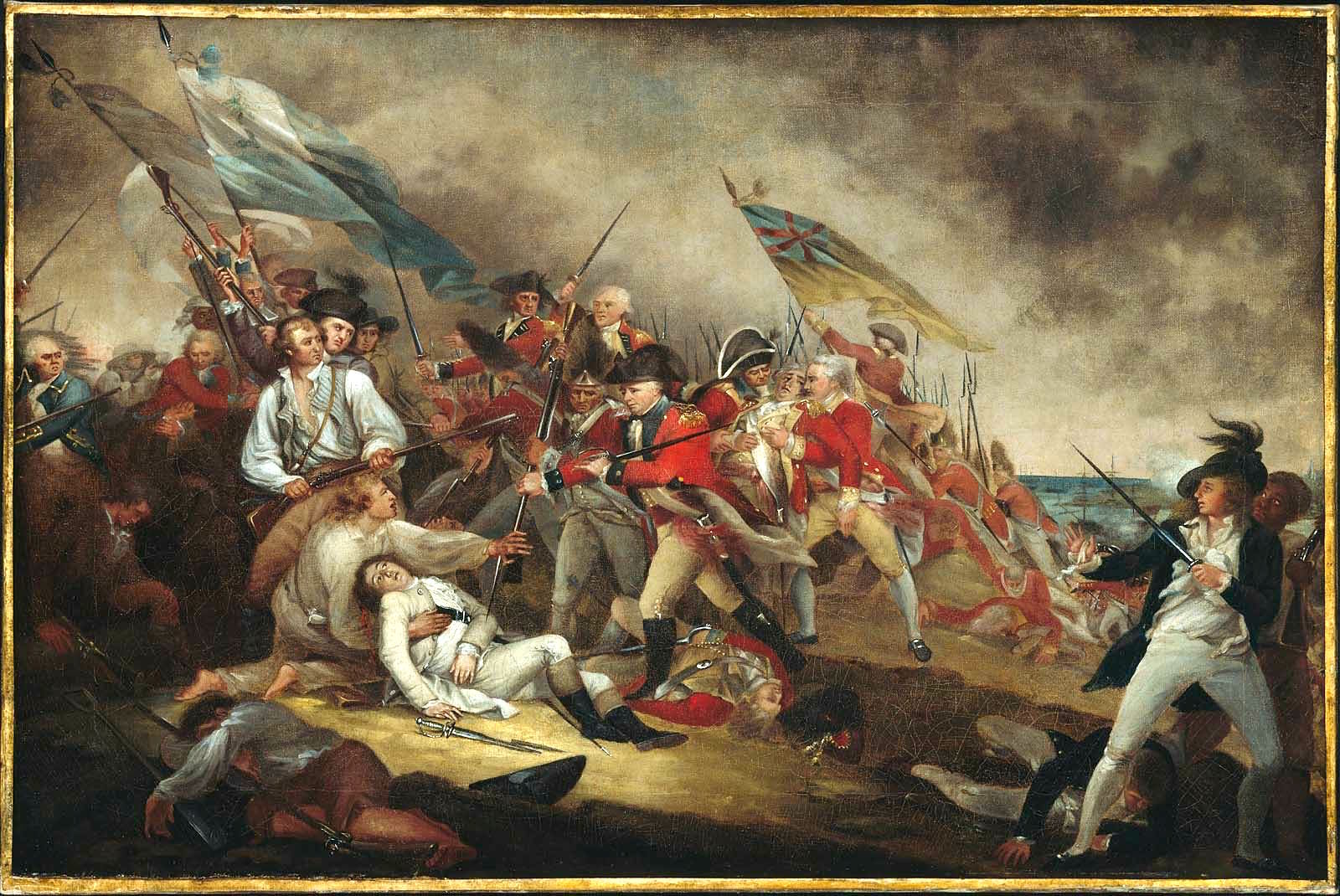
Battle of Bunker Hill
One of the first major battle of the Revolutionary War. This battle showed the colonists that they could hold their own and was considered a huge morale victory for them. The colonists were forced to withdraw after running out of ammunition and the British captured the hill. British technically won, but they suffered more deaths than the colonists.
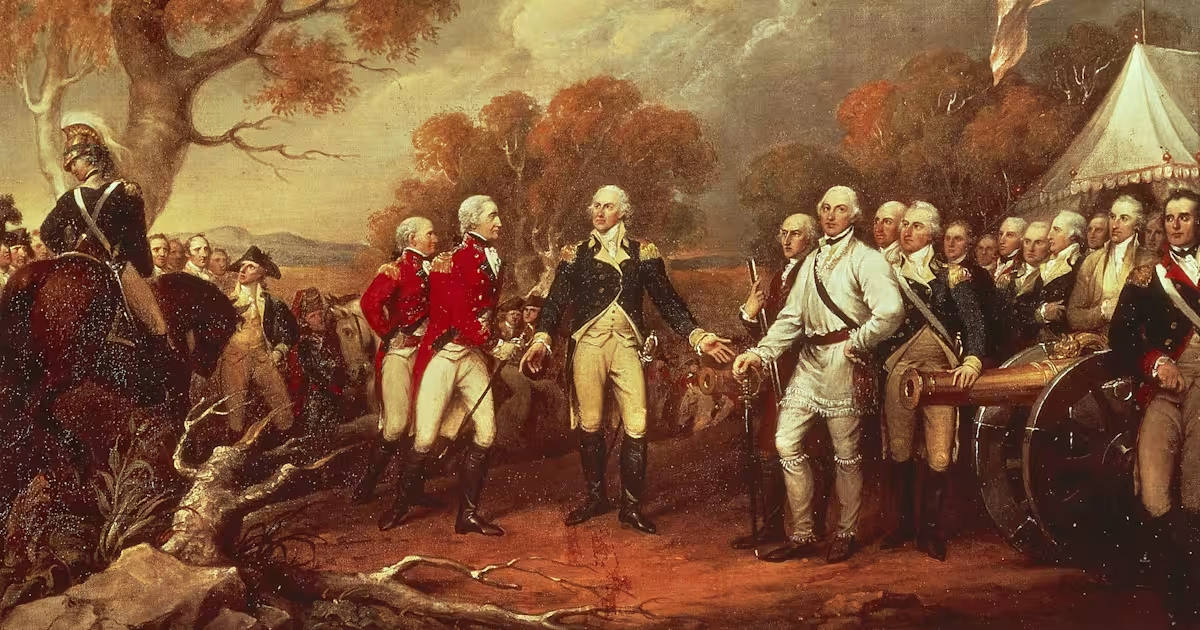
Battle of Saratoga
Turning point of the American Revolution. It was very important because it convinced the French to give military support. It lifted colonial spirits, took control of the Hudson River, and most importantly showed the French that the colonists had the potential to beat their enemy, Britain.
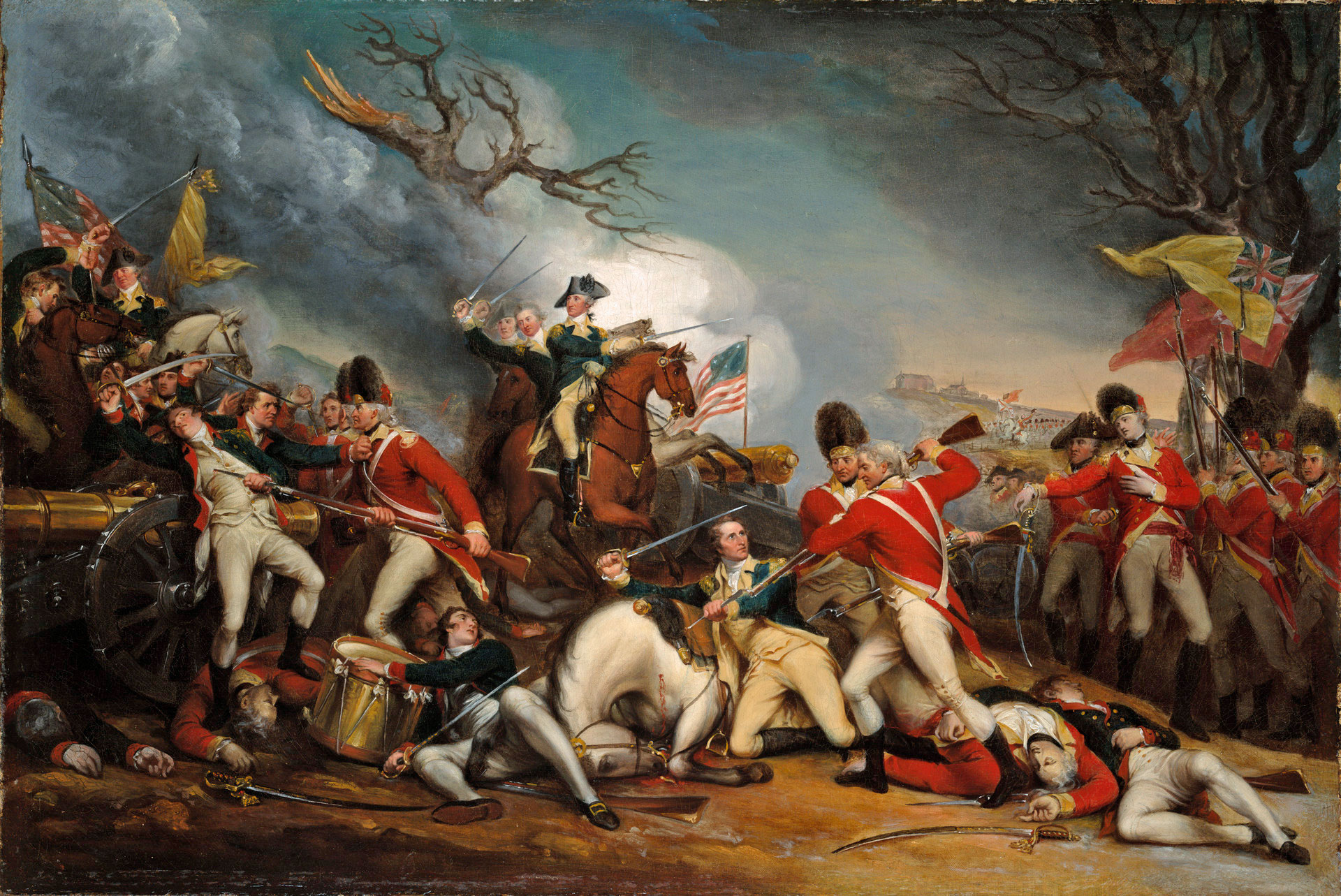
Battle of Trenton
On December 25, Washington led his troops across the Delaware River in a surprise attack against the Hessians who were celebrating Christmas. He took the Hessians by surprise and their victory boosted American morale and reinvigorated enlistments.
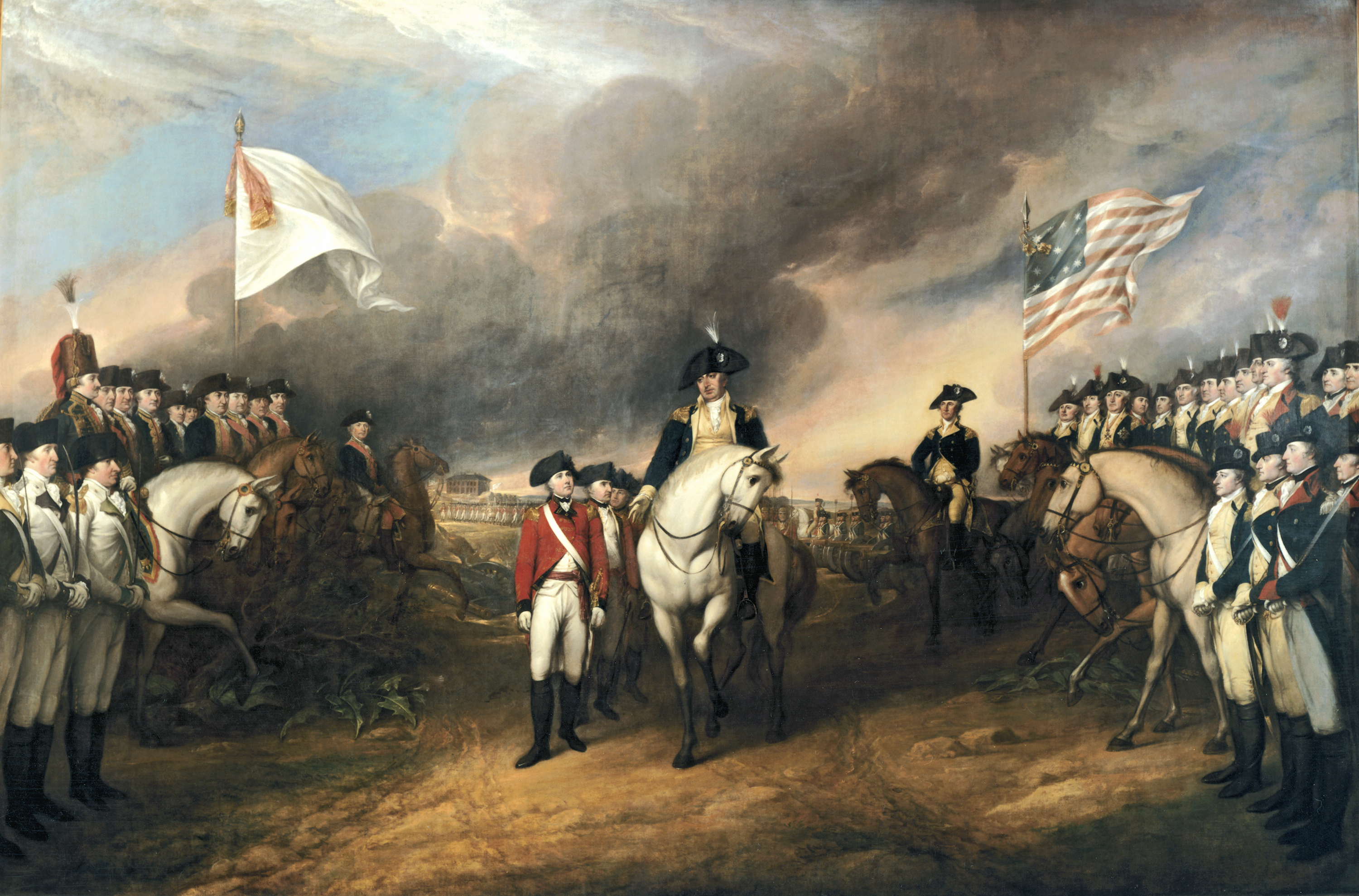
Battle of Yorktown
Last major battle of the Revolutionary War. Cornwallis and his troops were trapped in Chesapeake Bay by the French fleet. He was sandwiched between the French navy and the Continental Army. He surrendered October 19, 1781.

Benedict Arnold
American General who was labeled as a traitor when he assisted the British in a failed attempt to take the American fort at West Point.
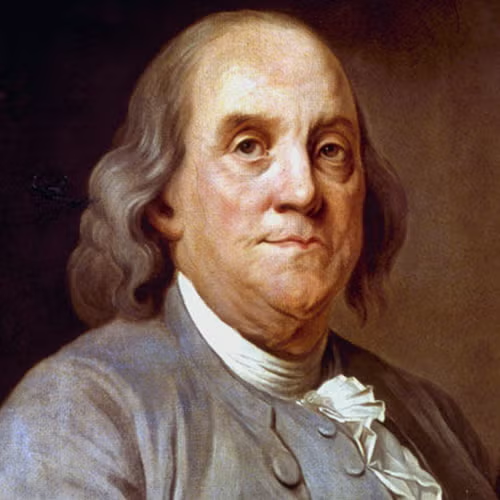
Benjamin Franklin
American intellectual, inventor, and political. He helped negotiate French support for the American Revolution.
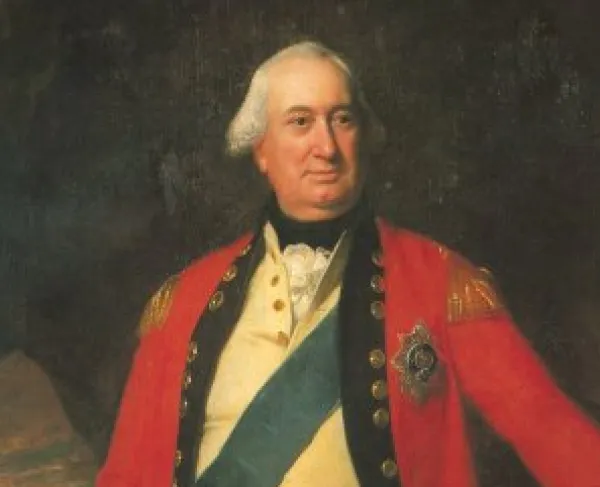
Charles Cornwallis
Commanding general of the British forces that were defeated at Yorktown in 1781, ending the American Revolution.
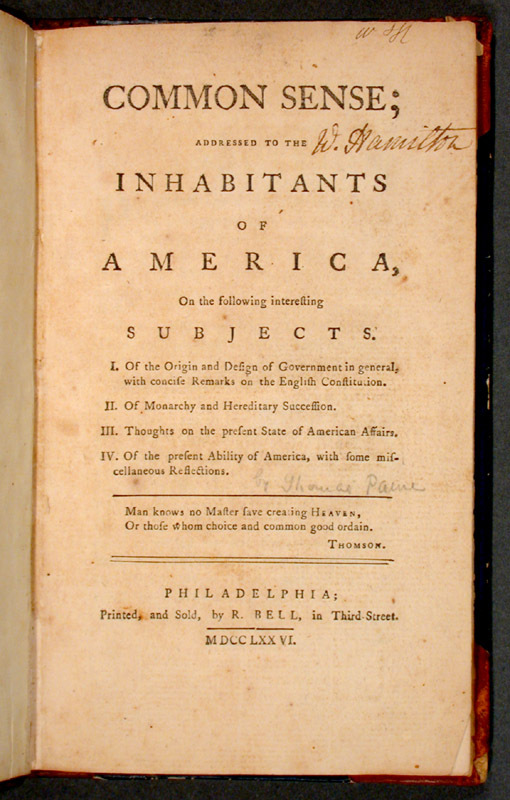
Common Sense
A pamphlet written by Thomas Paine in 1776 that argued the colonists had a right to be an independent nation.
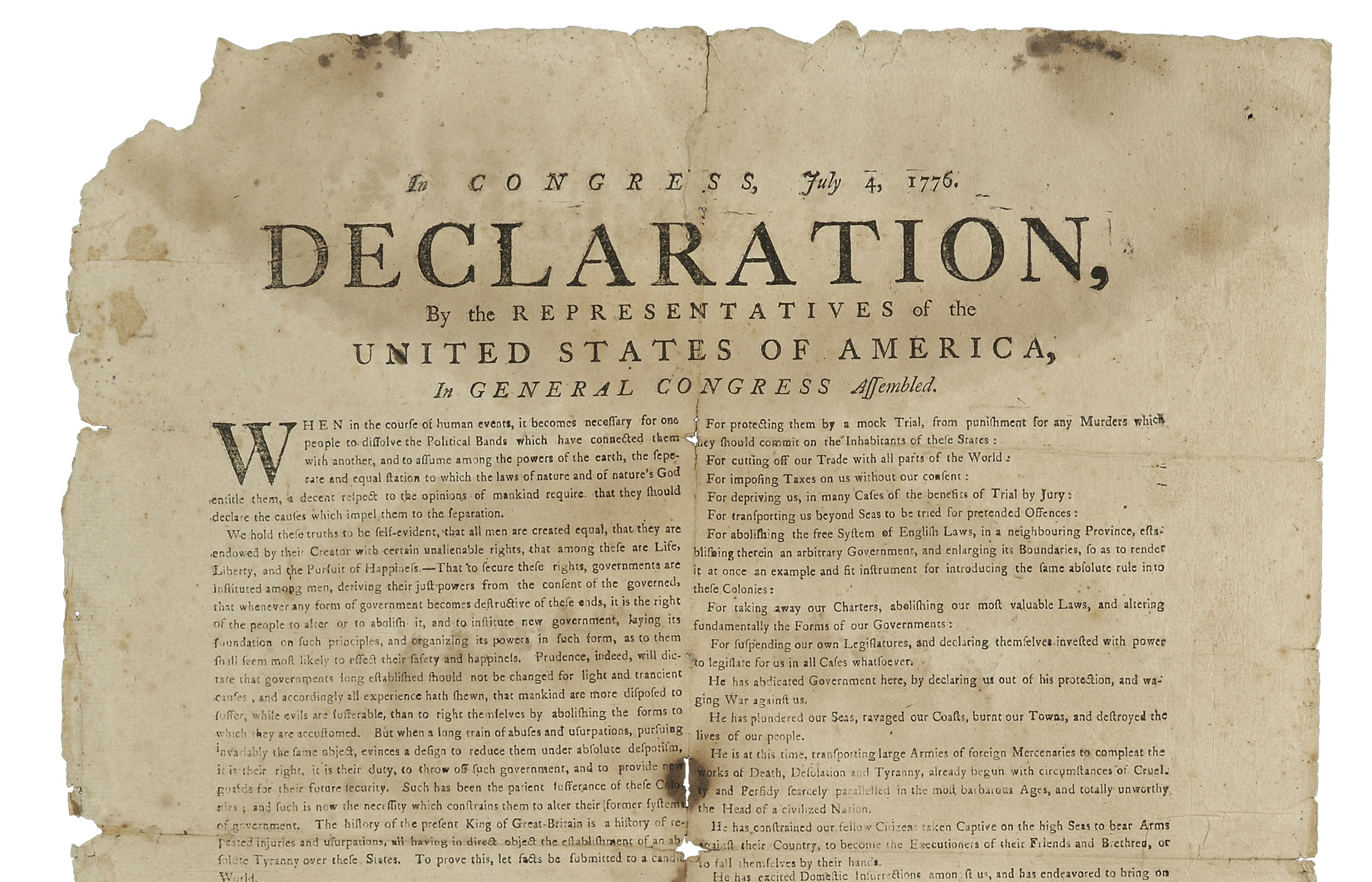
Declaration of Independence
Document written by Thomas Jefferson outlining the reasons for the colonies to break ties with Britain. Approved by Continental Congress of July 4, 1776.

Francis Marion
South Carolina militia leader nicknamed the “Swamp Fox” for his hit-and-run attacks on the British during the American Revolution.
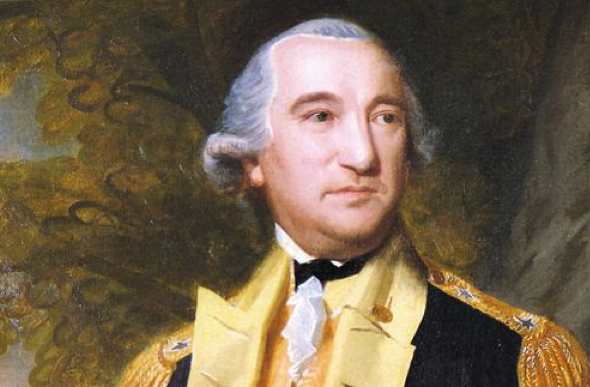
Friedrich von Steuben
Military officer from Germany who trained American soldiers during the American Revolution. He effectively transformed the Continental Army.
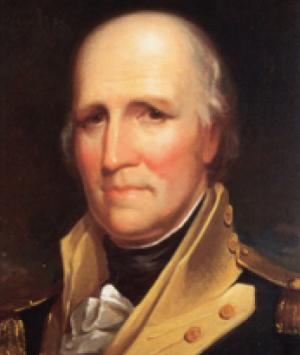
George Rogers Clark
Leader of a small Patriot force that captured British-controlled Fort Vincennes in the Ohio Valley in 1779. Secured the Northwest Territory for America.
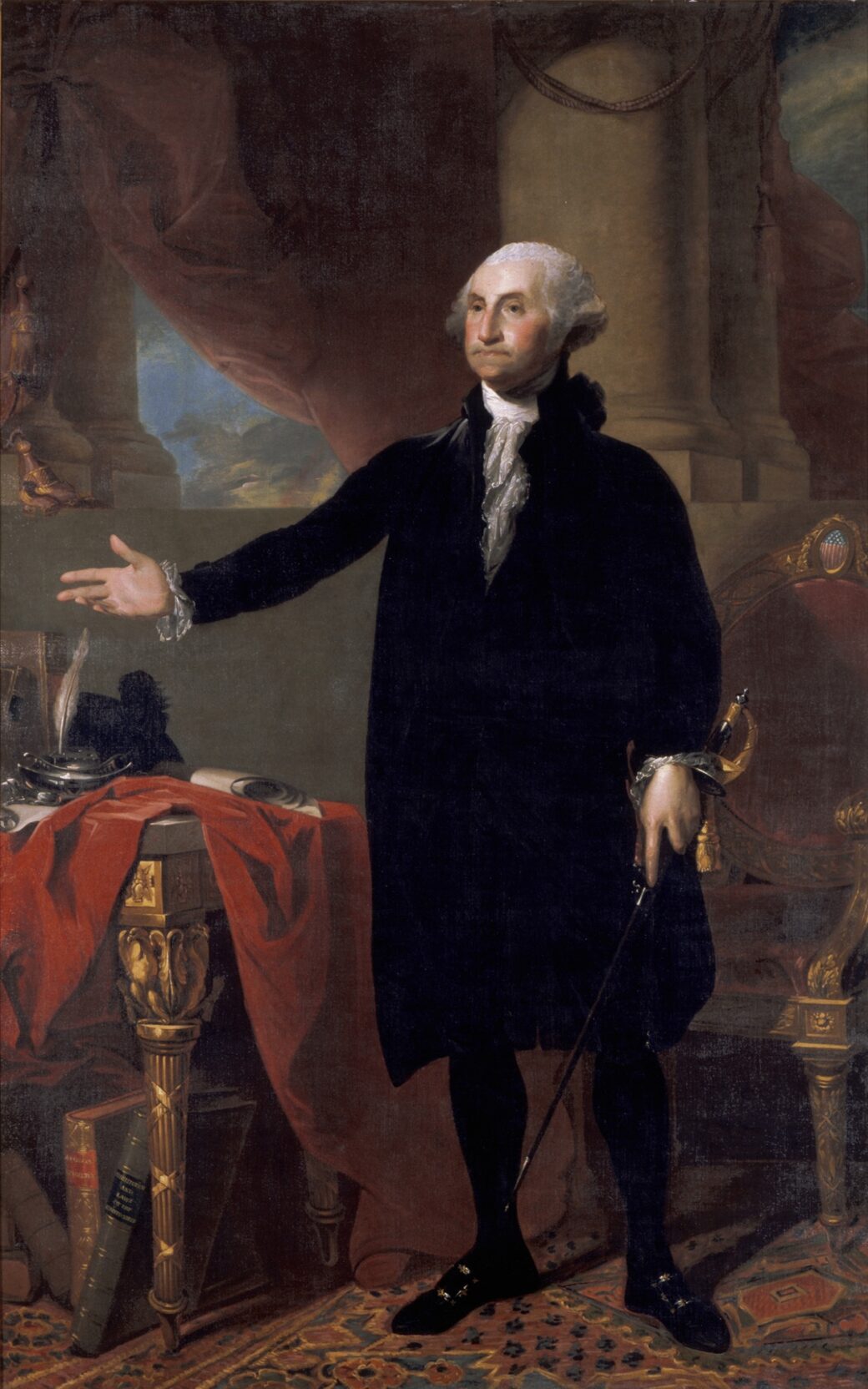
George Washington
Commander-in-Chief of the Continental Army
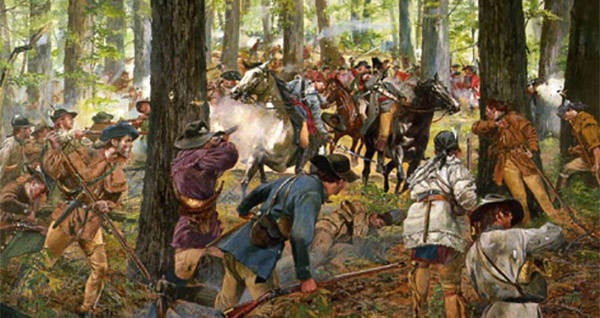
Guerilla Warfare
A hit-and-run technique used in fighting a war that involves small bands of warriors using tactics such as sudden ambushes.
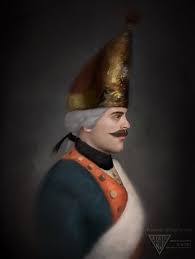
Hessians
German troops who fought in the Revolutionary War on the side of the British. Hessian troops were almost all paid mercenaries.
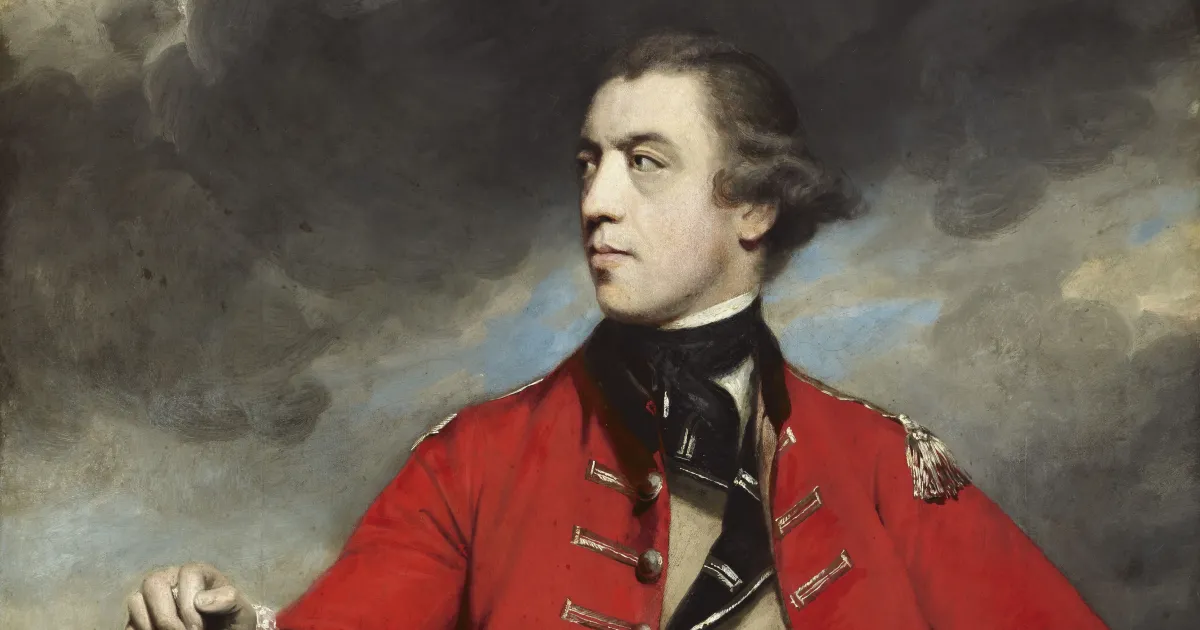
John Burgoyne
British general in the American Revolution who captured Fort Ticonderoga but lost the Battle of Saratoga in 1777
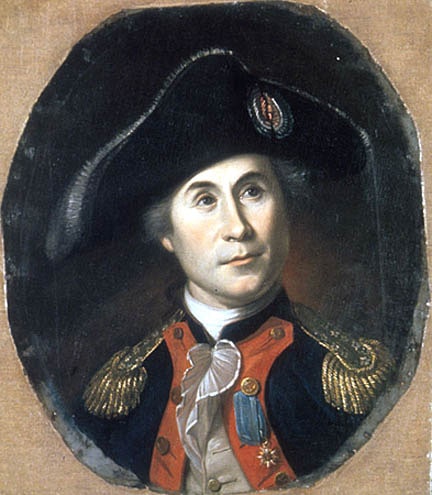
John Paul Jones
American naval commander in the American Revolution. Said “I have not yet begun to fight.”
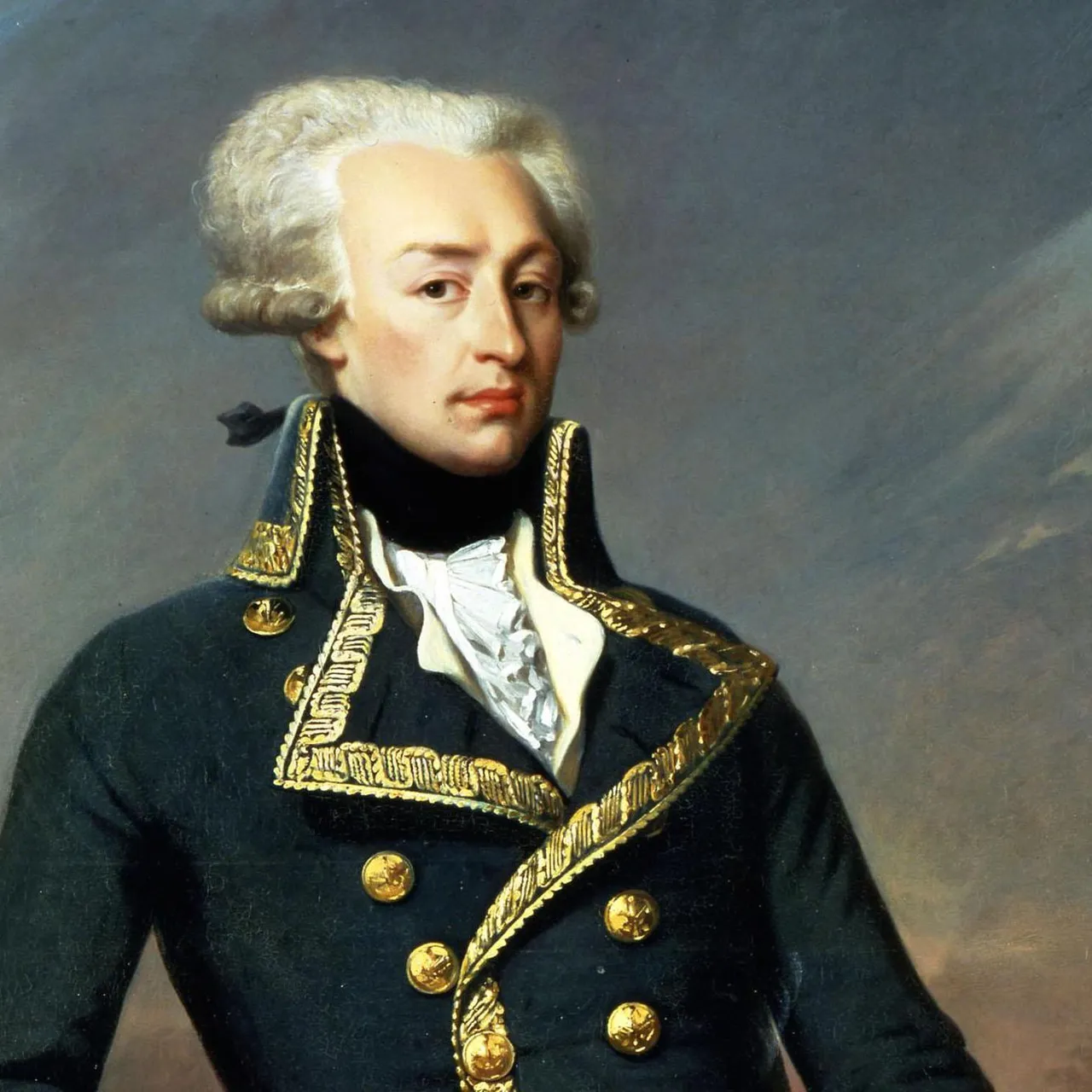
Marquis de Lafayette
French soldier who joined General Washington’s staff and became a general in the Continental Army.
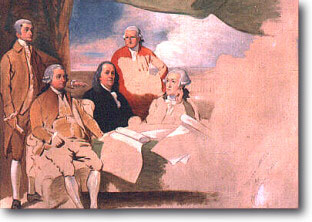
Treaty of Paris 1783
This treaty ended the Revolutionary War, recognized the independence of the American colonist, and granted the colonies the territory from the southern border of Canada to the northern border of Florida, and from the Atlantic coast to the Mississippi River.
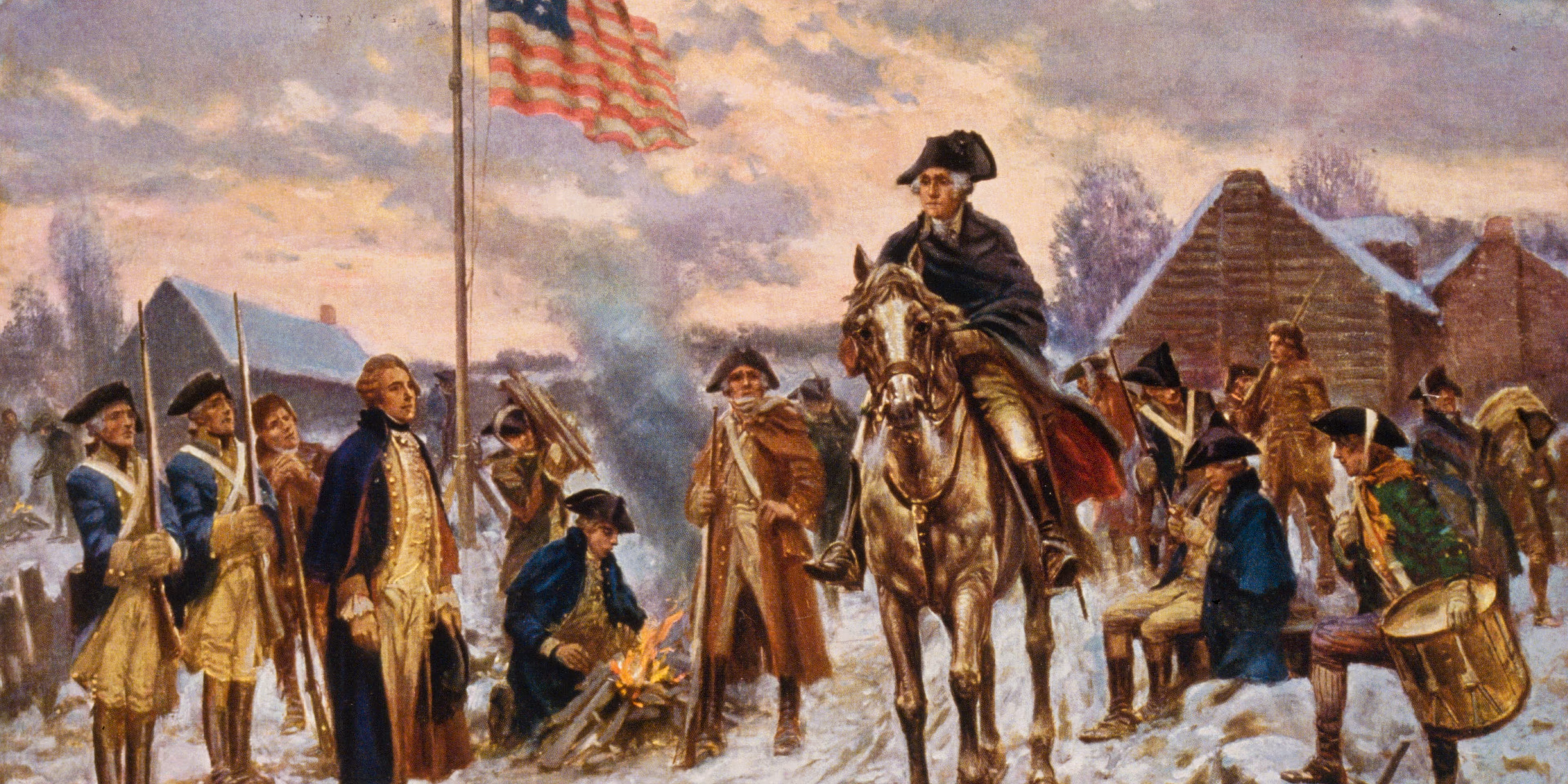
Valley Forge
Camp where Washington’s army spend the winter from 1777-1778. A quarter of the troops died from disease and malnutrition. Von Steuben trained the soldiers here, improving their discipline and combat skills.
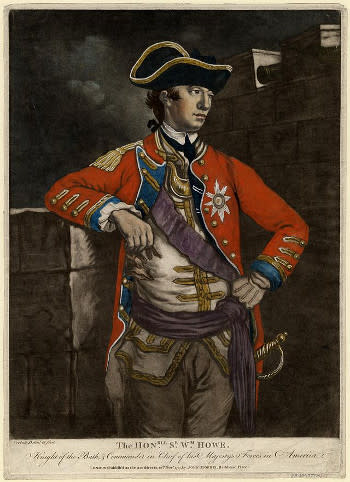
William Howe
British general that defeated Washington in the Battle of New York.